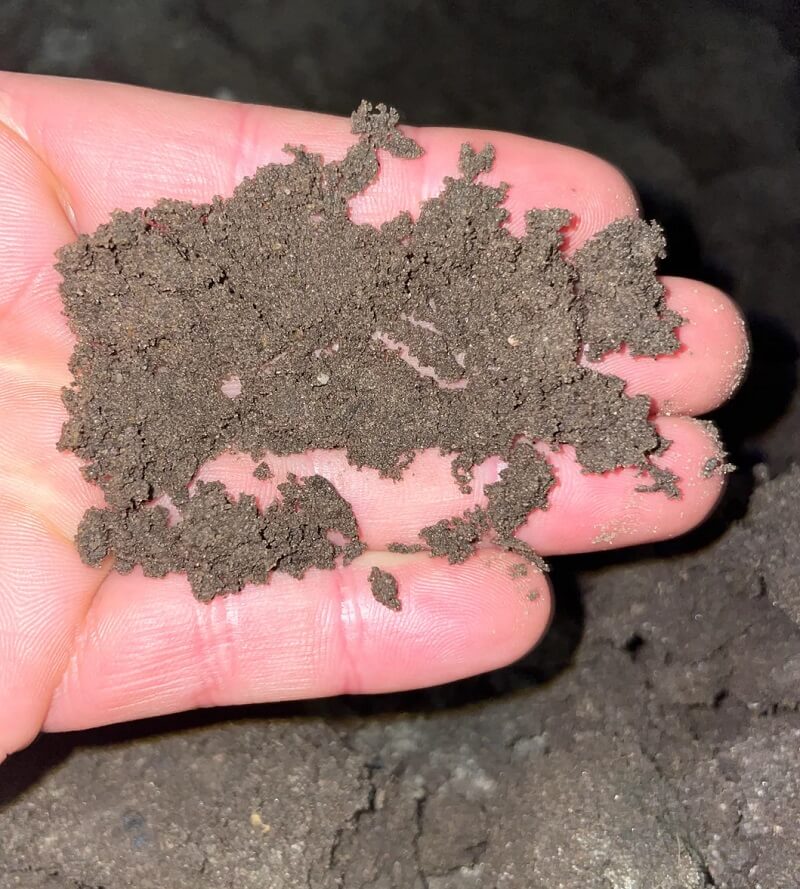Gardening can be all about trial and error, but sometimes it doesn't take much to turn those mistakes into successes.
That's how it went for a Redditor who was disappointed to find their delivery looked and felt "more like wet sand" after they ordered 3.3 tons of soil for a vegetable garden.
"What can I do to make it useful anyway?" they asked r/gardening.

The huge load of "growing soil with organic material" cost just $172 with a $108 delivery fee, so expensive soil tests and analysis or a lawyer were out of the question.
Luckily, fellow Redditors had more answers.
"Seems quite decent for potatoes actually," someone said in response to the poster's stated plan to plant the tubers. "You don't want soil with loads of clay for potatoes, and it helps if there's not too much organic matter so it doesn't retain that much moisture."
Another commenter agreed, writing, "Yeah root vegetables would likely do well in this soil!"
That was the best news since the gardener wouldn't have to start over or make another purchase to amend the soil. And if they were still concerned, there were plenty of different options.
One person noted the matter could work well as starter soil to germinate seeds.
"They sold it as 'ready to grow vegetables,'" the poster replied. "But it was rather cheap, should have known."
The user said carrots, potatoes, and asparagus "grow well in sandy soil" and that roses, daylilies, rosemary, and lavender would flourish in a mix of native soil and whatever this was. They also suggested simply adding compost and getting to work.
At least the poster made out better than this counterpart, who had to work much harder to rectify bad soil from a delivery.
Again, gardening comes with pitfalls, so it helps to have some guidance along the way. Raised beds — even those started with iffy soil — can turn out plenty of produce, but certain expert tactics such as stepping on and watering your leaf layers can go a long way toward developing nutrient-rich soil.
And that will help you reap rewards. Growing your food saves money, results in healthier eating and increased exercise, and reduces pollution from globally shipped produce.
The practice also allows you to keep pesticides away from your crops and protect our food supply by supporting pollinators with companion plants.
Join our free newsletter for easy tips to save more, waste less, and help yourself while helping the planet.









